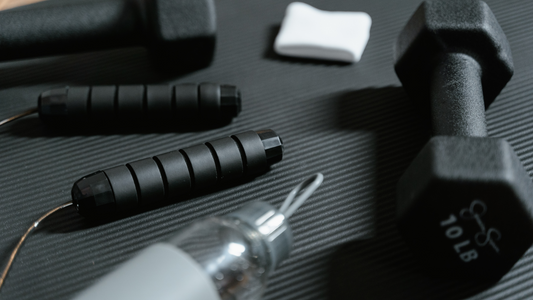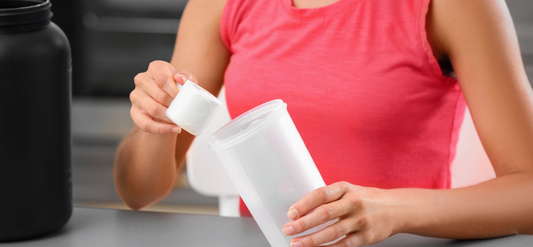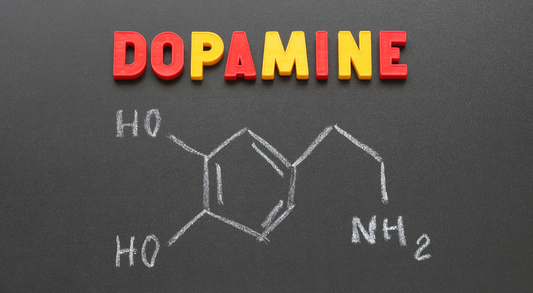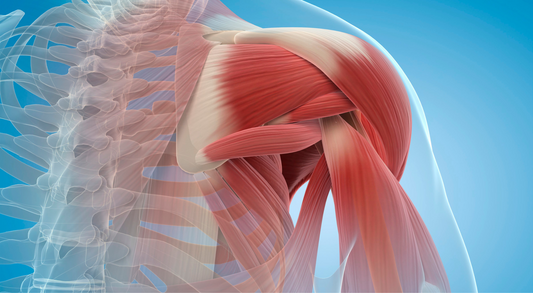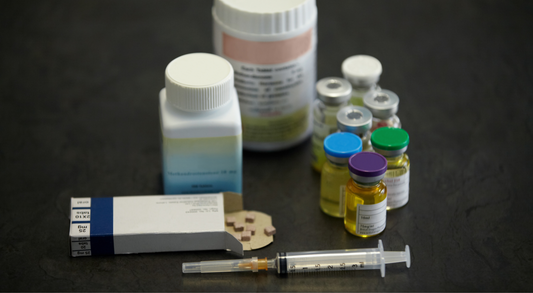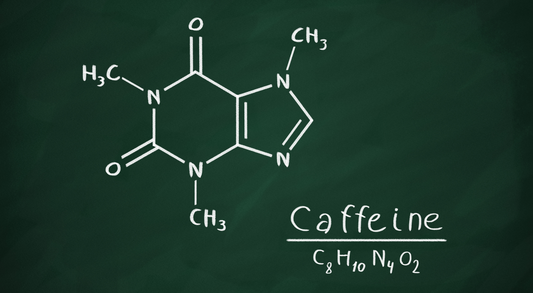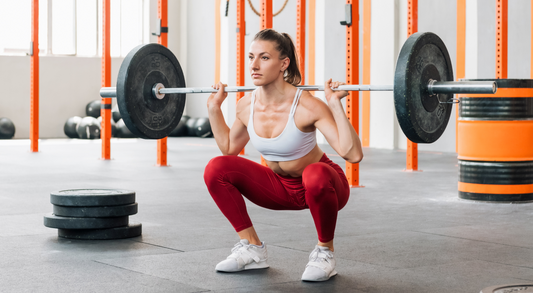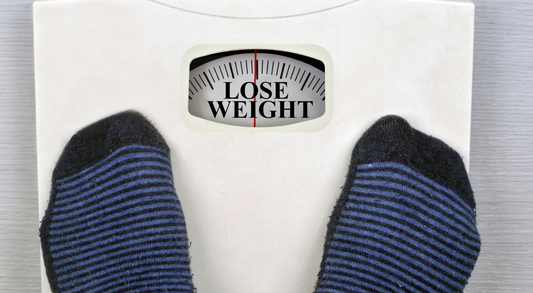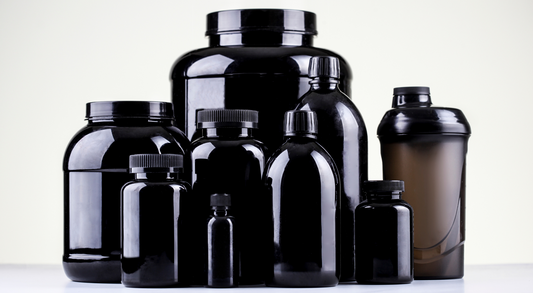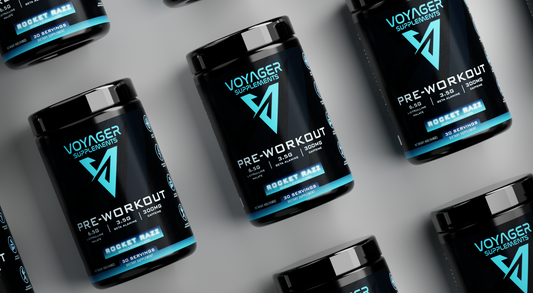In the ever-evolving landscape of fitness, the use of supplements, particularly pre-workout boosters, has become commonplace. But a question that often lingers in the mind of potential users is, "Are pre-workout supplements safe?" The answer isn't black and white. The safety of these supplements hinges on various factors, including your health, the product's ingredients, and its recommended dose.
Individual Health Considerations
Pre-workout supplements are crafted to enhance energy, focus, and endurance during exercise. However, not everyone might react to these products the same way. Individuals with pre-existing medical conditions, especially heart-related ailments, can experience complications. The stimulants present – like caffeine – can increase heart rate or blood pressure, which may not be safe for everyone.
Pregnant or nursing women are another group that should exercise caution. The effects of certain ingredients in these supplements on fetuses or nursing babies are not extensively studied, making it safer to avoid or consult a healthcare professional before usage.
A Closer Look at Ingredients
The safety of a pre-workout supplement largely rests on its ingredient list. Some ingredients, while effective for boosting workout performance, might come with side effects:
- Creatine: It is a widely used supplement in the fitness community, known for its potential to enhance exercise performance and muscle growth. While it's generally considered safe, some individuals may experience side effects, such as gastrointestinal discomfort (e.g., stomach cramps, bloating, gas, or diarrhea) and, less commonly, muscle cramping.
- L-Arginine: This is a semi-essential amino acid which means the body can produce it naturally but may sometimes require supplementation, especially in certain medical conditions or during periods of high physical stress—like intense workouts.
- Niacin: This is also known as vitamin B3. It is a water-soluble vitamin that plays a vital role in various metabolic processes in the body, including energy production. In pre-workout supplements, niacin is sometimes added for its potential vasodilatory effects to help relax and widen blood vessels. However, high doses of niacin can lead to a well-known uncomfortable side effect called "niacin flush” that typically involves skin reddening, warmth, and itching, and it can sometimes be accompanied by a tingling or burning sensation.
Awareness of these ingredients and their potential side effects can guide individuals in choosing a product that aligns with their health and comfort.
Dosage and Overconsumption Concerns
Like any other product or medication, following the recommended dose for pre-workout supplements is crucial. Overconsumption can lead to unwanted side effects, from minor ones like headaches or digestive disturbances to severe ones like heart issues. Moreover, continuous and prolonged consumption without breaks can make the body tolerant to the supplement, rendering it ineffective over time. Regular users are advised to take occasional breaks, known as 'cycling', to maintain the supplement's efficacy and reduce potential side effects.
Interactions with Medications and Other Supplements
One aspect often overlooked when questioning, "Are pre workout supplements safe?" is the potential interaction with other medications or supplements. For example, if someone is on medication for high blood pressure, consuming a pre-workout supplement with high caffeine content might counteract the medicine's effects. Similarly, combining multiple supplements can lead to an unintentional overdose of certain ingredients. For instance, if an individual is taking a separate caffeine supplement and consumes a caffeine-rich pre-workout, the combined caffeine intake might exceed safe levels.
Always consult a healthcare professional before introducing a pre-workout supplement to your regimen, especially if you're on medication or consuming other supplements. Pre-workout supplements, when chosen wisely and consumed responsibly, can be a valuable addition to one's fitness journey. However, the blanket assurance of safety doesn't apply. Individuals need to assess their health, be discerning about ingredients, and be mindful of dosages. As with any supplement or dietary change, a thorough consultation with a healthcare professional can offer personalized insights, ensuring that the path to enhanced fitness is both effective and safe.






